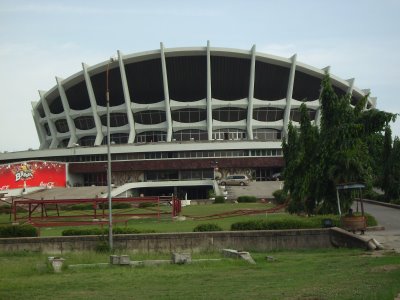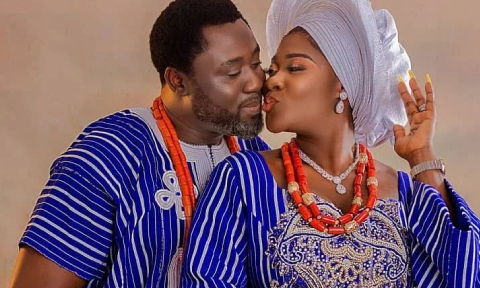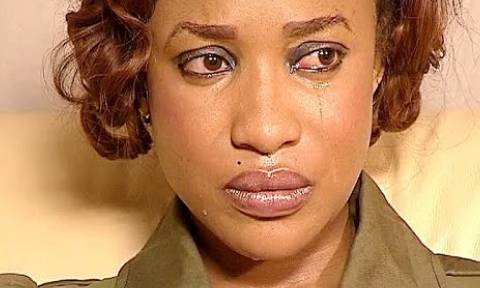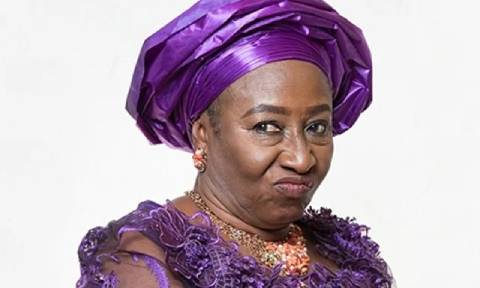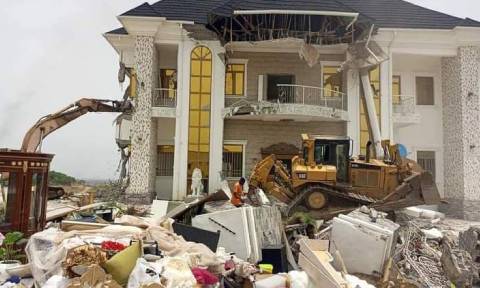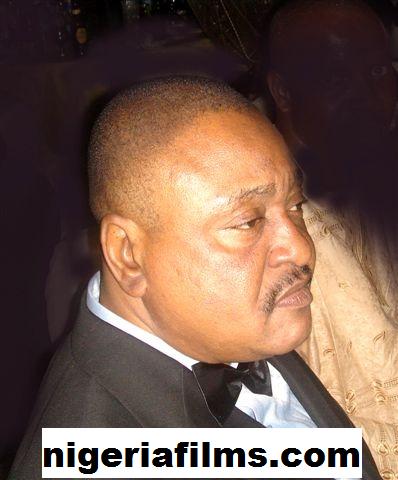
Jide Kosoko, a leading name in the Nigerian film industry, is the immediate past president of the Association for Nigerian Theatre Arts Practitioners (ANTP). Kosoko, who has been in the industry for over three decades and has featured in over 200 films, speaks with REPORTER, Anthonia Soyingbe, on the effect of democracy on the film industry, among other issues. Excerpts:
What will you say are the effects of civil rule in Nigeria on the film industry?
They have affected each other. The practitioners and the stakeholders in the movie industry have also affected the industry. Our works are vehicles which are veritable tools in exposing the values of democracy. There is no doubt that democracy has affected the industry because we are able to air our views without fear of being arrested or killed by government officials. As you are very much aware, we have our own objectives of educating people and giving them necessary information aside entertaining them. During military era, you had to personally censor your films yourself because of fear of the authorities. In this democratic dispensation, we are free to air our views through films and correct wrongs in the society through movies. We say things the way we want to say them and this has in no small measure affected the government too. Most politicians watch our films and the wise ones adhere to the lessons in the films. If you check them out, the few who are doing well are those who adhere to the lessons from the films. We have the responsibility of checkmating the affairs of those involved in championing the affairs of the people.
There is no doubt about it that we have benefited from democracy since its re-birth in 1999 and the government on the other side has benefited from us through our views. We have also contributed our quota to the sustenance of democracy through our films. I will also not fail to mention it, irrespective of whatever has happened in the past. I want to give kudos to the former President Olusegun Obasanjo regime. Obasanjo was, perhaps, the first president that showed interest practically in our industry. The first N100 million that officially came into the industry was during his regime. The money was meant for developmental purposes in the industry and lots of practitioners benefited from it not through cash but through seminars, workshops, trainings and symposium. The money was not given to individuals or parastatals. Rather it was given to government parastatal and offices responsible for regulating the industry.
Others might have different opinions as regards that but I strongly believe that the stipend he gave out was part of what the regulatory bodies used in organising developmental programmes that gave us the opportunity to further express ourselves. The follow-up to this has not been good enough but it gave us a direction and I know that some of the practitioners benefited by gaining some exposure and experience. I personally benefited by participating in some of the developmental programmes. This to me is part of the dividends of democracy to the movie industry.
Government’s effort, undoubtedly, is not good enough but the Nigerian Copyright Commission (NCC) has intensified efforts in the fight against piracy. Their efforts are not enough but we must encourage them to do more. The censor board also came with a new distribution policy.
Do you have any case where a filmmaker was threatened by a politician for harping on a particular issue that points to maladministration in the society?
I have not heard of any case yet and this is part of the dividends of democracy. We have countless number of films that are in that genre. No matter how bad a storyline is, you will always see an element of advice to people in power.
Aside self-censorship during the military era, were there other features of that era that have changed since the present democratic dispensation?
I had been invited by military men during their era to stop a particular production and so many other things happened then. We were always invited by the garrison.
Most films currently dwell on ills and traditions in the society and some have argued that films like these are not portraying Nigeria well in the international community neither are they promoting our culture and tradition. What are your views on these?
These are the complex areas. We had been branding Nigeria before Prof. Dora Akunyili came up with her re-branding project. It is part of branding Nigeria that has made the Nigerian film industry popular around the globe. We really need to show more interest in branding Nigeria but that is not to say we don’t have responsibility of correcting societal ills. We will not encourage and conceal anything that is bad because we want to re-brand Nigeria. We should also not forget that those films are not meant for international markets alone. They are also meant for us. Must we run away from telling ourselves the truth? If we are re-branding Nigeria, we should also tell ourselves the facts irrespective of our status. Democracy has helped people in government to know that films are vehicles that can drive home any point. Lots of government agencies have employed the services of our people to use films to propagate issues because they know that we are closer to the people and people listen to us.
We now have some of the movie practitioners in government.
I am also going into politics.
But, you once told us that you would not do anything aside acting because acting is your life. Are you planning to abandon acting?
No, by going into politics, I am going on vacation. Going into politics doesn’t stop me from participating in the entertainment industry. It will just be a vacation because I will still come back into acting.
Which of the offices are you vying for?
I will tell you that later because I am still strategising. We artistes are needed in politics because we are well experienced and we know the intricacies of it. We know the implications of doing bad and we know that there are great rewards in giving dividends of democracy to the people. Our participation in every aspect of life is very important. We have a duty to the people because politics is the reality in acting. To come out of politics can never be hard for me because I am not going into politics because of money; rather I am going to serve. To me, politics is secondary while acting is my primary assignment.
As a prince of Lagos, one would have expected you to be eyeing the throne instead of going into politics.
It is only a foolish prince that will be thinking of ascending a throne that is not vacant. We have an Oba we are all praying for to live long because he is still young, though older than me. If he gets to the age someone like me is praying for, definitely I can never be installed because by then I would be so old and I don’t want to be a monarch in my old age.
Police authorities recently warned movie practitioners not to portray the police in bad light again. They even vowed to sanction any errant movie practitioner. How would you react to that warning?
They have their duties while we also have ours. There are some areas we will make adjustments but they don’t have to dish out things to us. We are not portraying them in bad light; rather we are reporting happenings in the society. We have a duty to mirror the society and checkmate everybody.
